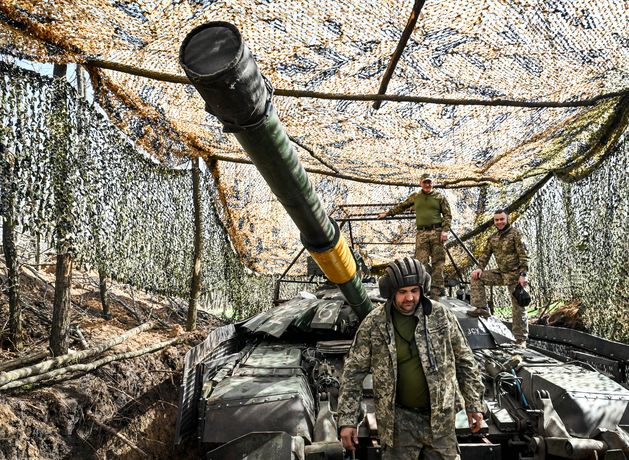Bussiness
Mammoth legal action over planes trapped in Russia begins in Dublin involving 180 lawyers and dozens of aviation and insurance firms

The world’s second and third largest lessors, SMBC and Avolon, along with BOC Aviation, CDB Aviation, NAC Aviation and Hermes are the six plaintiff groups bringing proceedings against dozens of insurers and reinsurers like Lloyds, Chubb, AIG and Fidelis.
The plaintiffs say when the Russians invaded Ukraine on February 24, 2022, the aircraft were subject to aircraft lease agreements with Russian airlines.
Following the imposition of EU sanctions on Russia, the leasing firms sought the return of the aircraft but they were not returned.
The firms are seeking orders and declarations including that they are entitled to cover under either “war risk” or “all risk” policies.
The insurance firms deny the all risks or war risks policies are engaged. It is argued by some insurers that there has not been a physical loss of the planes yet or that the planes are still in the course of being repossessed.
Alternatively, it is claimed that the leasing agreements were voluntarily ended or that Western sanctions prevent insurers from providing cover.
The case, which opened before Ms Justice Eileen Roberts, involves an estimated 180 lawyers.
It is scheduled to last a number of months and special facilities have been provided in the Phoenix House courtroom to accommodate the large number of lawyers, including remote access via the Trialview online facility.
Paul Gallagher SC, opening the case on behalf of the plaintiffs on Tuesday, said the Russian invasion had the “most catastrophic consequences” for his clients because the Russian state made a decision to detain the planes.
These planes were of “immense value for each of the clients which had a very significant effect on their business”, counsel said.
Apart from a very limited number of returns, the planes have been retained for more than two years, he said.
There were a number of “striking features” about the case including the manner in which the defendants had dealt with the case, he said.
While there has been a general denial of the claims, there have been “varied defences” put forward which in many cases are contradictory and in some actually absurd, he said. Some of them cannot agree on the meaning of their own insurance policies, he said.
It was not what is to be expected from insurance companies of many years’ standing, he said.
Almost every issue that could be raised by the insurers had been raised including even whether some of the plaintiffs were insured, he said.
While as a matter of law the defendants were entitled to adopt the position they have, their approach and the variety of arguments being made by them was confusing and “bewildering”, counsel said.
The plaintiffs were being told to prove every aspect and every issue, he said. Some of the differences between the parties are what the plaintiffs say are semantic and not of substance and would not result in a different outcome, he said.










